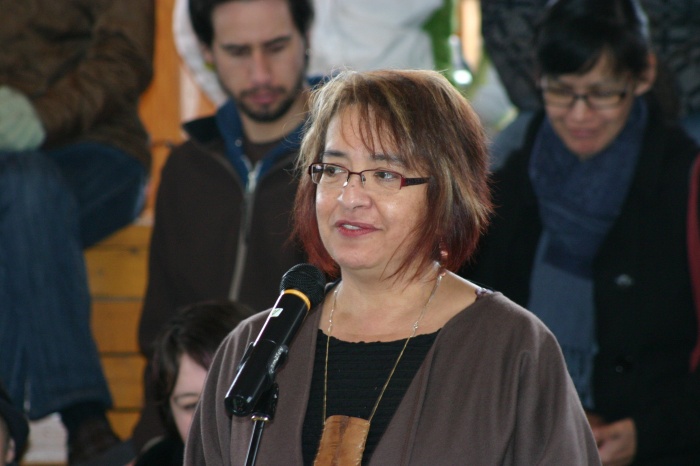In June, Camosun joined 10 other BC colleges and universities in receiving a portion of more than $3.9 million intended for programs created for Aboriginal learners. This marks the seventh year that Camosun has received this funding.
The funding comes in the form of a program known as the Aboriginal Service Plans, which is jointly coordinated between the institutions and Aboriginal communities. The Aboriginal Service Plans (ASPs) help to fund development and delivery of programs geared toward Aboriginal students. The plans fund elders-in-residence, mentorship, cultural education, and the fostering of partnerships between communities, among other things.

The ASPs are one part of the BC government’s Aboriginal Post-Secondary Education Training Policy and Framework and Action Plan, launched in 2012.
The plan includes a number of goals to be reached by 2020, including increasing both the number of professional credentials awarded to Aboriginal students and the percentage of Aboriginal students making the transition from secondary school to a college or university.
BC Minister of Aboriginal Relations and Reconciliation John Rustad called the entire program “a proactive approach to encouraging Aboriginal enrolment in postsecondary education” in a press release.
Janice Simcoe of Camosun’s Aboriginal Education and Community Connections department says she is grateful to be a recipient of the funding because ASPs are a symbol of changing priorities in postsecondary education.
“When I started teaching, I don’t know if I met any second-generation Aboriginal students,” says Simcoe, who has been with Camosun for 20 years. “Indigenous people’s experience in postsecondary, overall, is really new.”
The notion of second-generation Aboriginal students, says Simcoe, is a product of initiatives like ASPs. “There are three primary goals for ASPs, and one is recruitment, retention, and success for Aboriginal students,” she says.
The best way to achieve these is by way of the other goals of the program, which are community partnerships and increasing relevance for Aboriginal students in postsecondary, she says.
“Historically, there has not been content that resonates with Aboriginal people in the education process,” says Simcoe. “If we make the institutions more relevant to Aboriginal students, the likelihood of them coming here, being successful, and staying in postsecondary until they graduate is much higher.”
The Camosun College Student Society (CCSS) says that while the funding for ASPs is welcome, it’s nowhere near sufficient to tackle what CCSS external executive Rachael Grant calls a “chronically under-funded area.”
“While [the CCSS] is very happy to see the provincial government allocate funding for Aboriginal education, there is a great deal of barriers and much more funding is needed,” says Grant. “In Canada, only eight percent of Aboriginals have a university degree, compared to 22 percent of the total population. This demonstrates a huge gap between the needs being met of Aboriginal learners and the general population.”
Simcoe says she’s glad Camosun is able to be part of the “privileged” 11 institutions that have ASPs, as there are 15 who don’t.
“And it is not like [those institutions] don’t have Aboriginal students. But there is no extra money,” she says.
While grateful for receiving the Aboriginal Service Plan funding and for other programs like it, Simcoe says there’s still much that needs to change in Aboriginal education strategies.
“When you see these press releases, you see so many millions of dollars were awarded… but there’s millions of dollars going to 25 institutions serving 25,000 students,” she says, “and the institutions need to change. Change doesn’t come free.”

As a member of aboriginal Community. I am really happy for efforts of Camosun College’s Janice Simcoe. This will really help to promote the education & literacy in aboriginal community. May my respect to all those who want to see aboriginal community happy & educated.